Top 40 SAP FICO Interview Questions & Answers
4.9 out of 5 based on 9875 votesLast updated on 15th Jan 2024 16.9K Views
- Bookmark

Prepare for your SAP FICO interview with confidence! Explore comprehensive answers to common SAP FICO interview questions.
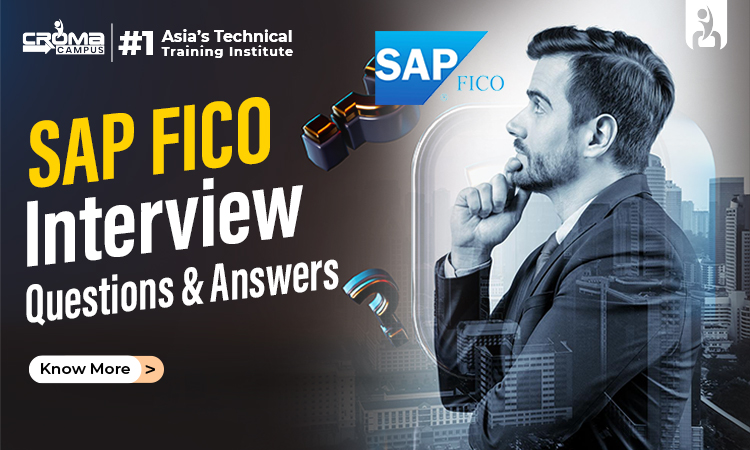
Introduction
Navigating an SAP FICO interview requires a comprehensive grasp of Financial Accounting and Controlling within the SAP ecosystem. The interview process often delves into technical nuances, strategic implementations, and the candidate's ability to adapt to the dynamic evolution of financial technologies. This set of SAP interview questions and answers serves as a compass for both freshers and seasoned professionals entering the world of SAP FICO. Also, with the help of these interview questions, you can boost your confidence, and secure your dream job with this comprehensive SAP course.
Covering fundamental concepts like General Ledger Accounting, Asset Management, and Cost Controlling, these questions span the horizon of SAP FICO. For experienced candidates, the FICO interview questions explore the application of SAP FICO in real-world scenarios, such as streamlining processes, leveraging predictive analytics, and ensuring compliance amidst regulatory shifts.
Emerging topics like SAP S/4HANA Finance, AI integration, sustainability reporting, and the influence of cloud technology underscore the relevance of staying updated in this field. The responses provided aim to offer concise insights and examples, aiding candidates in articulating their experiences, problem-solving prowess, and adaptability to the evolving landscape of SAP FICO.
SAP FICO Interview Questions and Answers for Freshers
Here are ten SAP FICO interview questions along with concise answers suitable for freshers.
- What is SAP FICO?
SAP FICO stands for Financial Accounting (FI) and Controlling (CO). It’s an integrated module in SAP that manages financial transactions, accounting, reporting, and controlling functions within an organization.
- What are the key components of SAP FI?
SAP FI comprises General Ledger Accounting, Accounts Payable, Accounts Receivable, Asset Accounting, and Bank Accounting.
- Explain the term ‘Chart of Accounts’ in SAP FICO.
A Chart of Accounts in SAP FICO lists all General Ledger accounts an organization uses to record transactions. It categorizes financial transactions and provides a framework for reporting.
- What is Accounts Payable (AP) and its significance in SAP FICO?
Accounts Payable in SAP FICO manages an organization's outgoing payments to vendors or suppliers. It handles invoice verification, payment processing, and vendor account management.
- Describe Asset Accounting in SAP FICO.
Asset Accounting manages an organization’s fixed assets, tracking their acquisition, depreciation, value adjustments, and retirement.
- Explain Controlling (CO) in SAP FICO.
Controlling in SAP FICO involves managing an organization’s costs and revenues. It includes Cost Element Accounting, Cost Center Accounting, Profit Center Accounting, and Internal Orders.
- What is the significance of the General Ledger in SAP FICO?
The General Ledger is the central component of SAP FI, consolidating all financial transactions and providing a comprehensive view of an organization’s financial data.
- How does SAP FI integrate with other modules?
SAP FI integrates with SAP modules like Sales and Distribution (SD) and Material Management (MM) to ensure seamless data flow between various business functions.
- What are the different types of master data in SAP FICO?
In SAP FICO, master data includes Customer Master Data, Vendor Master Data, and Material Master Data, essential for business transactions and reporting.
- How does SAP FICO support financial reporting?
SAP FICO provides tools for generating various financial reports like balance sheets, profit and loss statements, cash flow statements, and more, aiding decision-making processes within an organization.
SAP FICO Interview Questions for Experienced Candidates
Here’s a set of ten SAP FICO and SAP FI interview questions suitable for experienced candidates along with brief responses.
- How have you utilized SAP FICO to streamline financial processes in your previous role?
In my previous role, I implemented automated workflows in Accounts Payable using SAP FICO, reducing invoice processing time by 30% and enhancing accuracy through validation checks.
- Can you discuss a complex problem you encountered in SAP FICO and how you resolved it?
One common issue is the reconciliation between FI and CO modules due to inconsistent cost allocations. It can be resolved by conducting a thorough data analysis, adjusting allocation rules, and implementing regular reconciliation checks.
- Explain your experience with SAP FICO integration with other modules and its impact on business operations.
I’ve integrated SAP FICO with modules like Sales and Distribution (SD) and Material Management (MM), ensuring seamless data flow for real-time financial insights, improving inventory cost controls, and enabling accurate revenue recognition.
- How do you handle regulatory compliance using SAP FICO?
Regulatory compliance can be handled by staying updated with regulatory changes and configuring SAP FICO settings accordingly. For instance, one can implement tax code updates in SAP to comply with new GST regulations, ensuring accurate tax calculations and reporting.
- Discuss a successful project where you leveraged SAP FICO for strategic decision-making.
One can spearhead a project utilizing SAP FICO analytics to identify profitable customer segments, enabling targeted marketing strategies and increasing revenue by 15% within six months.
- Can you elaborate on your experience configuring SAP FICO for specific reporting requirements?
Professionals can have extensive experience in configuring SAP FICO to generate customized financial reports like cash flow forecasts, cost centre performance analyses, and variance reports, catering to diverse stakeholder needs.
- How do you handle data migration and validation in SAP FICO during system upgrades or migrations?
One can manage data migration by developing robust validation scripts, conducting trial runs, and collaborating closely with IT teams to ensure a smooth transition without impacting financial operations.
- Discuss your involvement in SAP FICO training or knowledge-sharing initiatives within your organization.
Professionals can conduct SAP FI Training sessions for finance teams on SAP FI & CO functionalities, best practices, and updates, fostering a culture of continuous learning and improving user proficiency.
- Share your experience in optimizing SAP FICO for cost reduction or process efficiency.
Experience professionals can optimize SAP FICO by implementing automated expense approval workflows, reducing manual errors and processing time, resulting in a 20% reduction in operational costs.
- How do you stay updated with the latest advancements and best practices in SAP FICO?
One can regularly attend SAP conferences, participate in online forums, and undergo advanced training to keep abreast of the latest SAP FICO developments, ensuring continuous improvement and innovation in my work.
You May Also Read This:
All You Need To Know About The SAP FICO Module
Difference Between SAP FICO And SAP HANA
SAP FICO Interview Questions 2024
Here are 20 essential SAP FICO interview questions along with brief responses that might be pertinent in 2024.
- What are the key features of SAP S/4HANA Finance compared to the earlier versions?
SAP S/4HANA Finance offers real-time analytics, simplified data models, improved user experience with Fiori interface, and embedded predictive analytics compared to previous versions.
- How does SAP Central Finance support organizations in financial transformation?
SAP Central Finance allows the integration of financial data from multiple systems into a single source, facilitating harmonized reporting, analytics, and centralized financial operations.
- What is SAP Fiori in the context of SAP FICO, and how does it enhance user experience?
SAP Fiori is a user interface that offers a modern, role-based, and responsive design for SAP applications, making it intuitive and efficient for users to access SAP FICO functionalities from any device.
- Explain the impact of Machine Learning and AI on SAP FICO processes.
Machine Learning and AI in SAP FICO automate repetitive tasks, enable predictive analytics for better forecasting, enhance fraud detection, and offer insights for smarter decision-making.
- How does SAP FICO support sustainability and ESG reporting for businesses?
SAP FICO provides tools to track and report on environmental, social, and governance (ESG) metrics, aiding organizations in meeting sustainability goals and complying with reporting standards.
- Discuss the benefits and challenges of implementing SAP S/4HANA for Finance.
Benefits include real-time analytics, simplified data models, and enhanced agility. Challenges might involve data migration complexities and the need for extensive user training.
- Explain the concept of Universal Journal in SAP S/4HANA and its significance.
The Universal Journal in SAP S/4HANA consolidates all accounting data into a single table, enabling real-time reporting by eliminating data redundancies and offering a unified view of financial data.
- How does SAP FICO support regulatory compliance, especially in changing global financial landscapes?
SAP FICO adapts to changing regulations through regular updates, enabling compliance with diverse accounting standards and regulations like IFRS and GAAP.
- Discuss the integration between SAP FICO and Treasury Management.
Integration between SAP FICO and Treasury Management streamlines cash management, risk analysis, and financial planning by providing a comprehensive view of liquidity and financial risks.
- Explain the process of Revenue Recognition in SAP FICO and its adherence to accounting standards.
SAP FICO automates revenue recognition based on standards like ASC 606 and IFRS 15, ensuring accurate recognition, proper documentation, and compliance.
- How does SAP FICO facilitate Intercompany Postings and reconciliation?
SAP FICO automates Intercompany Postings and reconciliation through automated clearing processes, reducing errors and discrepancies between different entities.
- Discuss your experience with SAP FICO in supporting complex global financial structures and multi-currency environments.
One can successfully configure SAP FICO for organizations operating in multiple countries, handling diverse currencies, legal requirements, and reporting standards, ensuring compliance and accurate financial reporting.
- Explain the role of SAP FICO in Cash Flow Management and its impact on business operations.
SAP FICO enables cash flow forecasting, liquidity planning, and optimization by providing real-time insights into cash positions and cash flow projections, aiding better financial decision-making.
- How does SAP FICO contribute to Cost Controlling and Analysis within an organization?
SAP FICO facilitates Cost Controlling by providing tools for cost center accounting, profitability analysis, and variance reporting, aiding in cost optimization strategies.
- Discuss the advantages and challenges of implementing SAP FICO in the Cloud.
- What role does SAP FICO play in supporting Real-Time Financial Reporting?
SAP FICO offers real-time financial reporting by consolidating data instantly, enabling timely and accurate insights into an organization’s financial health.
- Explain the functionalities of New Asset Accounting in SAP S/4HANA compared to the classic Asset Accounting.
New Asset Accounting in SAP S/4HANA simplifies asset accounting processes, offers parallel valuation, and facilitates real-time integration with other modules.
- Discuss your experience in leveraging SAP FICO for Budgeting and Forecasting purposes.
Professionals can utilize SAP FICO for budget planning, forecasting, and variance analysis, enabling proactive decision-making based on accurate financial projections.
- How does SAP FICO support decision-makers with Predictive Analytics and Reporting?
SAP FICO employs predictive analytics to forecast trends, identify risks, and provide insights for strategic decision-making, aiding in proactive financial management.
- Explain the significance of Continuous Accounting and how SAP FICO facilitates it.
Continuous Accounting in SAP FICO involves automating and streamlining financial processes, enabling real-time monitoring, and ensuring accuracy and compliance on an ongoing basis.
Conclusion
In summary, mastering these top 40 SAP FICO interview questions and answers is essential for success in SAP FI Certification. The SAP FICO interview question and answer sets illuminate the multifaceted nature of SAP FICO, from its core functionalities to its role in driving strategic decisions and compliance. Embracing innovation, such as SAP S/4HANA, AI, and sustainability reporting, showcases the adaptability crucial in today's financial realm.As candidates navigate the interview landscape, these insights serve as a guide, emphasizing the need for a holistic understanding of SAP FICO Certification to excel in steering organizations toward financial efficiency and strategic growth.
Subscribe For Free Demo
Free Demo for Corporate & Online Trainings.
Your email address will not be published. Required fields are marked *
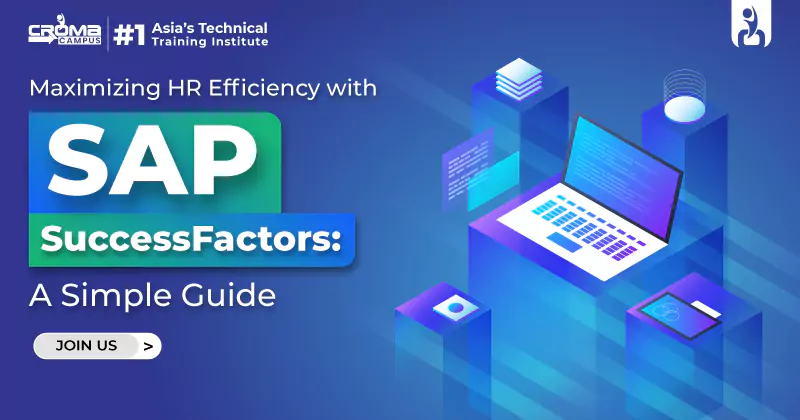

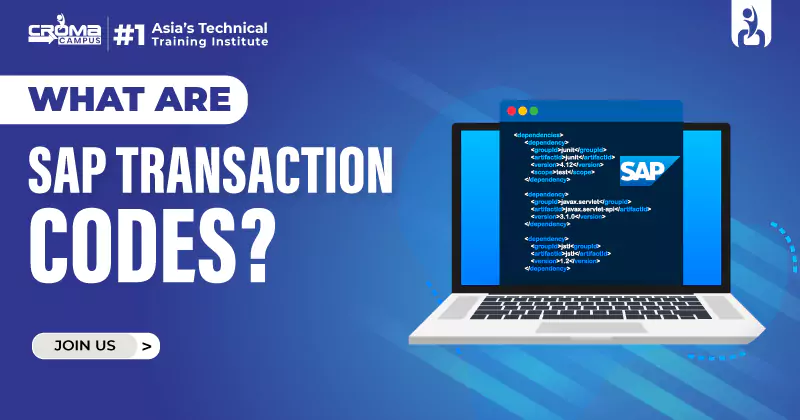
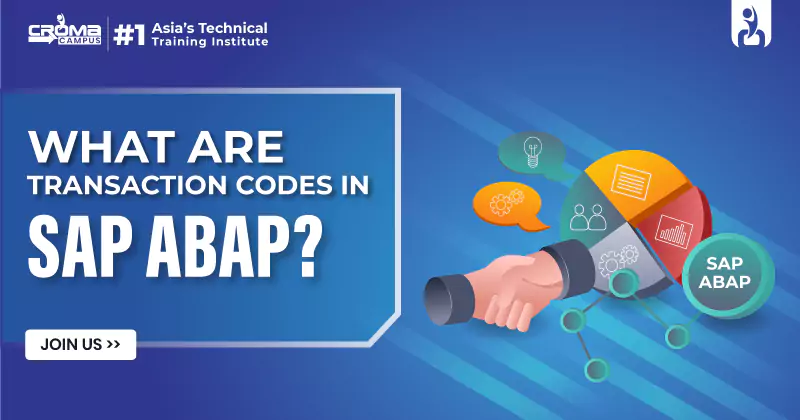
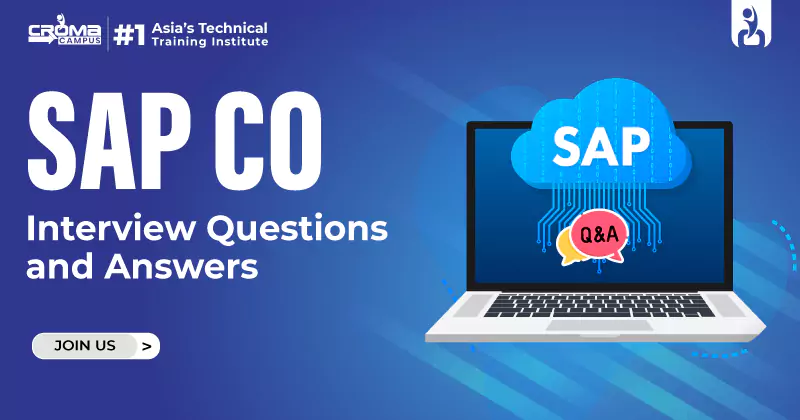
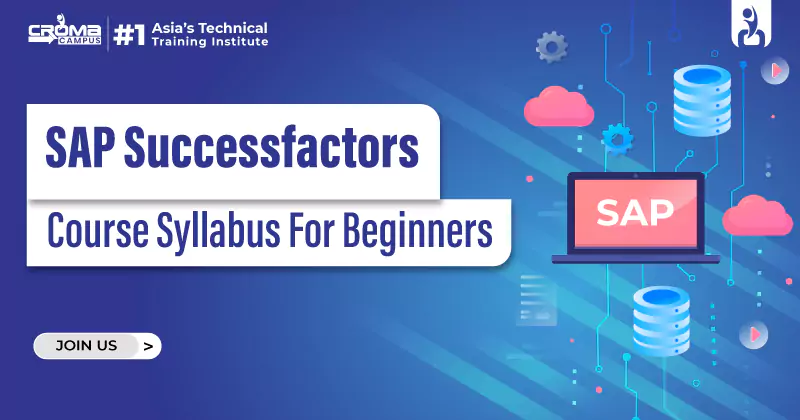
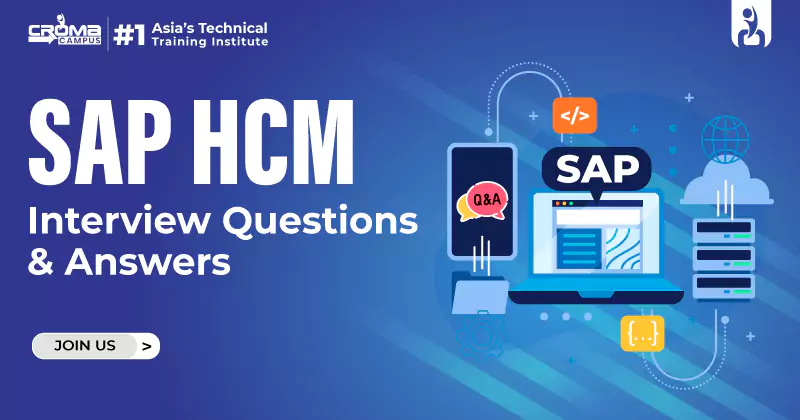
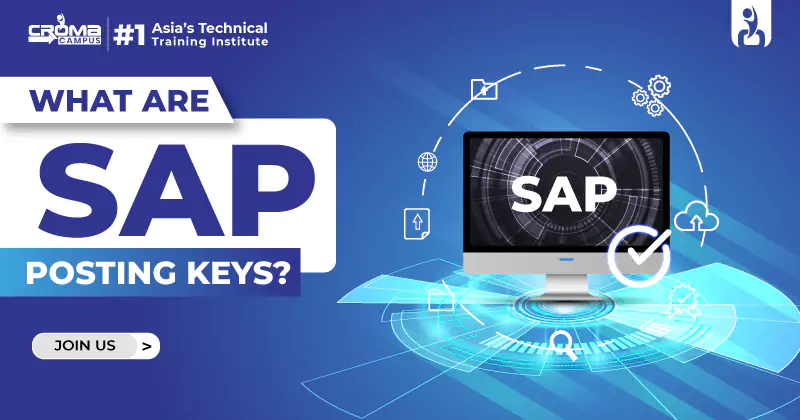













 Master in Cloud Computing Training
Master in Cloud Computing Training